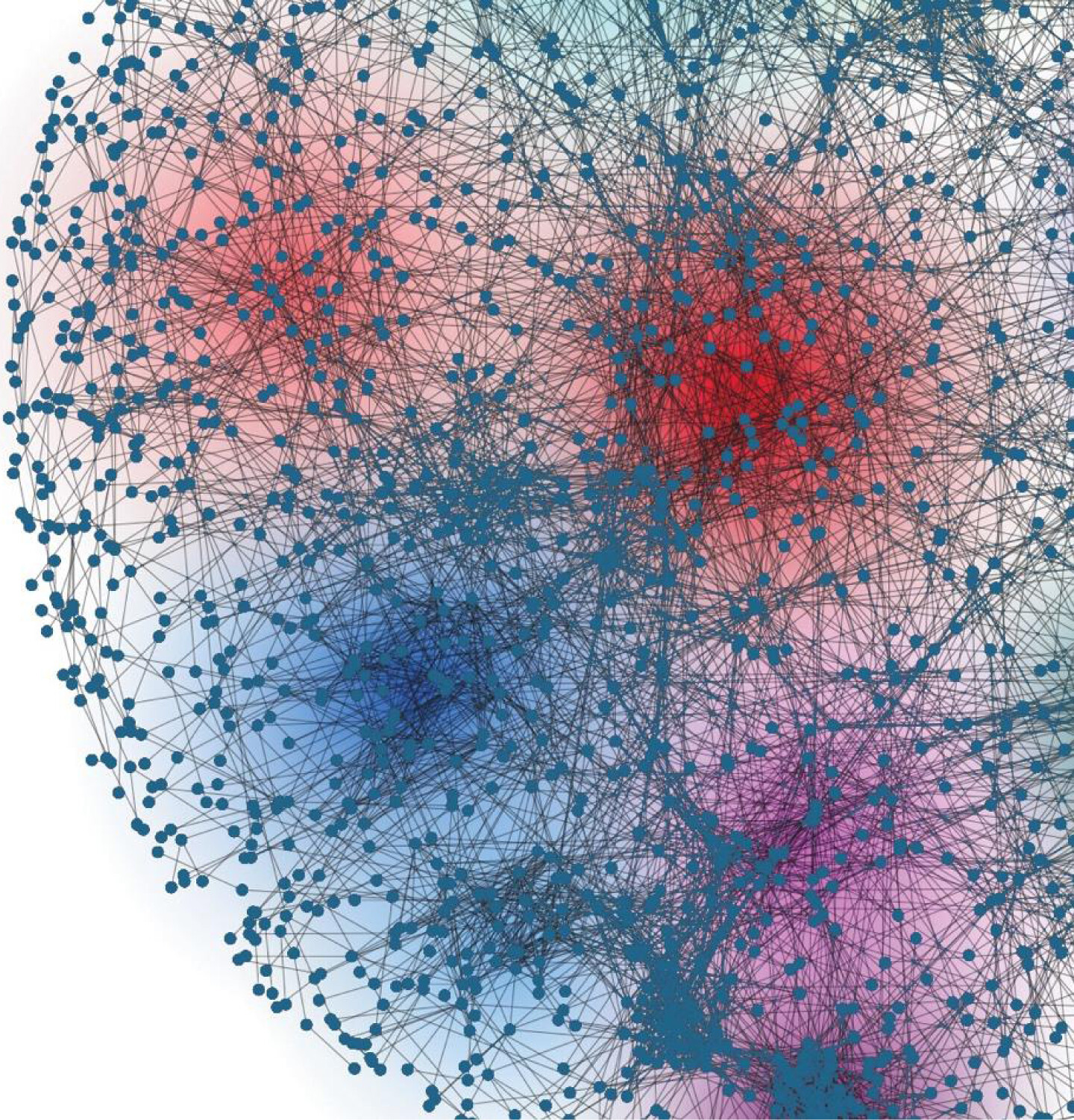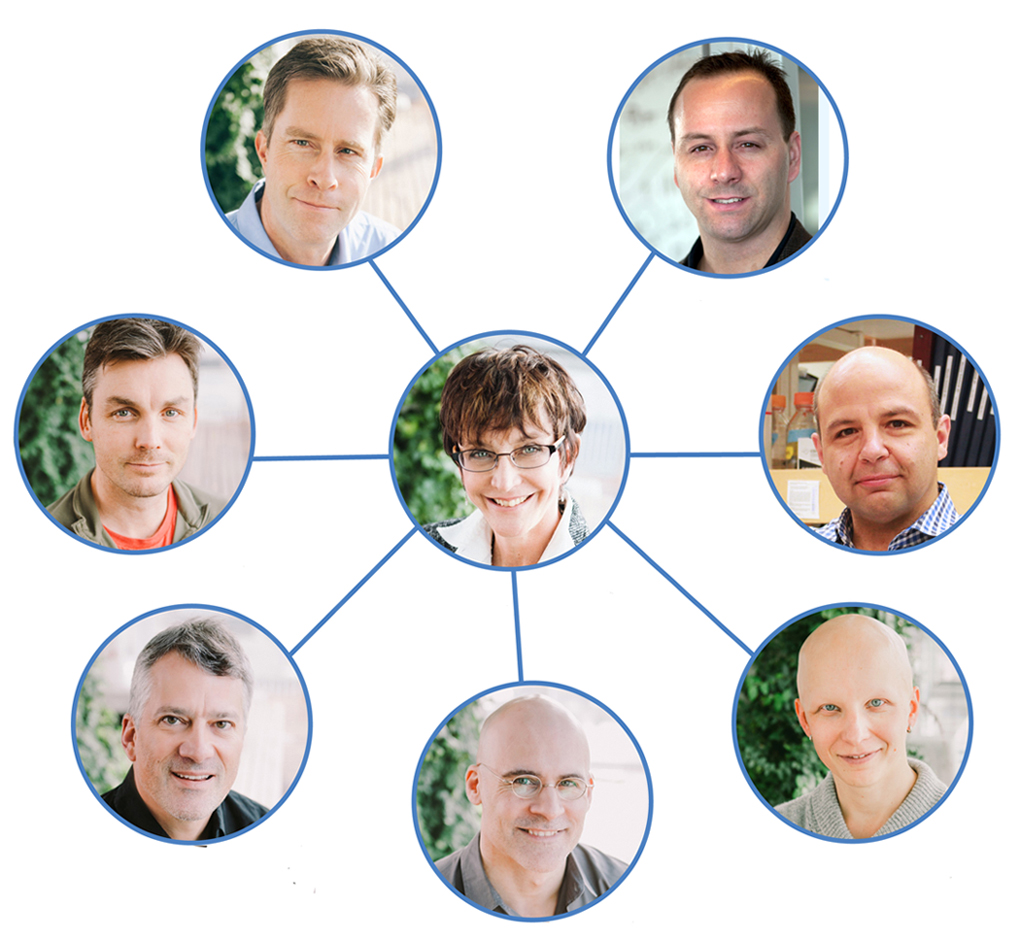Mobile Menu
-
Our Scientists
- Andrews, Brenda
- Angers, Stephane
- Attisano, Liliana
- Babaian, Artem
- Bader, Gary
- Blencowe, Benjamin
- Boone, Charles
- Brown, Grant
- Chan, Warren
- Fraser, Andrew
- Friesen, James (Professor Emeritus)
- Gilbert, Penney
- Gillis, Jesse
- Goeva, Aleksandrina
- Greenblatt, Jack
- Harrington, Lea
- Hughes, Timothy
- Kim, Philip M.
- Krause, Henry
- Montenegro Burke, Rafael (Rafa)
- Morris, John
- Morshead, Cindi
- Radisic, Milica
- Röst, Hannes
- Roth, Frederick (Fritz)
- Roy, Peter
- Ryu, William
- Sefton, Michael
- Shoichet, Molly
- Stagljar, Igor
- Taipale, Mikko
- van der Kooy, Derek
- Wang, Shu
- Wheeler, Aaron
- Yip, Christopher
- Zhang, Zhaolei
- Research
- Platforms
- Students
- Postdocs
- News
- Careers
- Events
- About Us


 An inter-disciplinary team of researchers led by University Professor and Donnelly Centre Director
An inter-disciplinary team of researchers led by University Professor and Donnelly Centre Director  To begin to unpick how multiple genes and their variants contribute to disease, Andrews and Boone created the first map of genetic interactions for any cell. They did this by systematically removing gene pairs from yeast cells to find the genes working together to maintain the processes in the cell.
To begin to unpick how multiple genes and their variants contribute to disease, Andrews and Boone created the first map of genetic interactions for any cell. They did this by systematically removing gene pairs from yeast cells to find the genes working together to maintain the processes in the cell.